Navigating the teenage years can be challenging, and finding a constructive outlet for creativity is essential. That’s where Tuneagers comes in—a songwriting club designed exclusively for teens. This club offers a supportive environment where young, aspiring songwriters can connect with peers worldwide, learn the intricacies of songwriting, and begin their journey as artists.
Tuneagers is more than just a club. It’s a community where teenagers can find their voice, share their stories, and grow as songwriters. Whether you’re an experienced songwriter or just starting, Tuneagers provides the tools, instruction, and encouragement needed to hone your craft. And now, Tuneagers is offering a scholarship for free access and a 25% discount for West River Academy students!
You can listen to Tuneagers founder’s interview with our Peggy Webb about education freedom.
Why Join Tuneagers?
Find Your Voice, Share Your Story
Learning to write songs is a skill that requires both instruction and regular practice. This process can be daunting and less enjoyable when done alone. Tuneagers offers a vibrant community of like-minded peers and professional songwriters who will guide you through the songwriting process, providing feedback and encouragement every step of the way.
In Tuneagers, you’ll have the opportunity to meet professional songwriters who will share the tricks of the trade, helping you learn to tell compelling stories through music. This isn’t just about writing songs; it’s about becoming a storyteller, a collaborator, and an artist.

A Community of Peers and Professionals
Tuneagers is not just a club; it’s a community tailored to your interests. Want to learn how to write rhymes from a professional hip-hop artist? Are you interested in co-writing a rock opera? Whatever your passion, Tuneagers will connect you with professionals who can help you explore and develop your unique style.
The club also emphasizes collaboration, teaching you how to co-write songs—a valuable skill in the music industry. Even the biggest names in music, like Taylor Swift, Billie Eilish, and Justin Timberlake, often co-write their songs. At Tuneagers, you’ll make friends and learn how to create music together, enhancing your songwriting abilities and building a network of fellow music enthusiasts.
Accelerate Your Growth as a Songwriter
Join Tuneagers and gain access to up to eight hours of instruction and live events each month for the price of a single music lesson. Traditional one-on-one lessons are beneficial, but a songwriting club like Tuneagers offers a unique advantage by focusing on the art of making music. These hands-on learning opportunities will help you develop your songwriting skills rapidly while also providing a platform to build social connections with teens from around the globe.
Meet the Founder
Tuneagers was founded by Aimee Bobruk, a professional musician, songwriter, and music teacher with over 15 years of experience in the music industry. Aimee has written and released multiple albums of original music and collaborates with publishing companies and artists as a lyricist and melody writer. Her song “Black Swan” was performed in Eurovision’s Melodifestivalen in Sweden, and she has over 25 co-writes released worldwide and two Grammy nominations.
“When I was 15 years old living in a small town and trying to learn how to play the guitar and write songs, I had nowhere to turn to learn how to do it. I wanted a group of kids like me, a mentor to ask questions to, and a live music venue. Tuneagers is the club I wish I had then!” says Aimee Bobruk. Tuneagers is her passion project, designed to provide the support and community she once longed for.
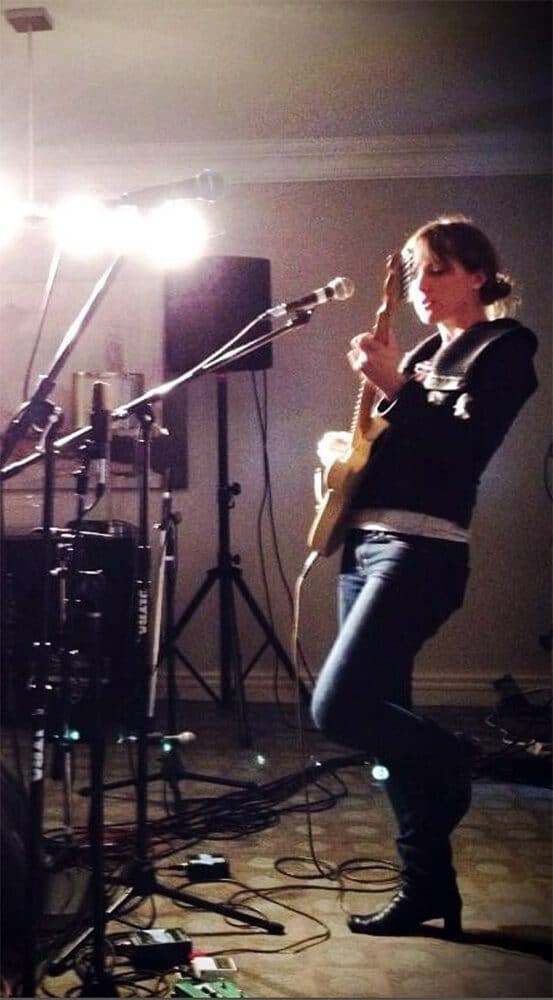
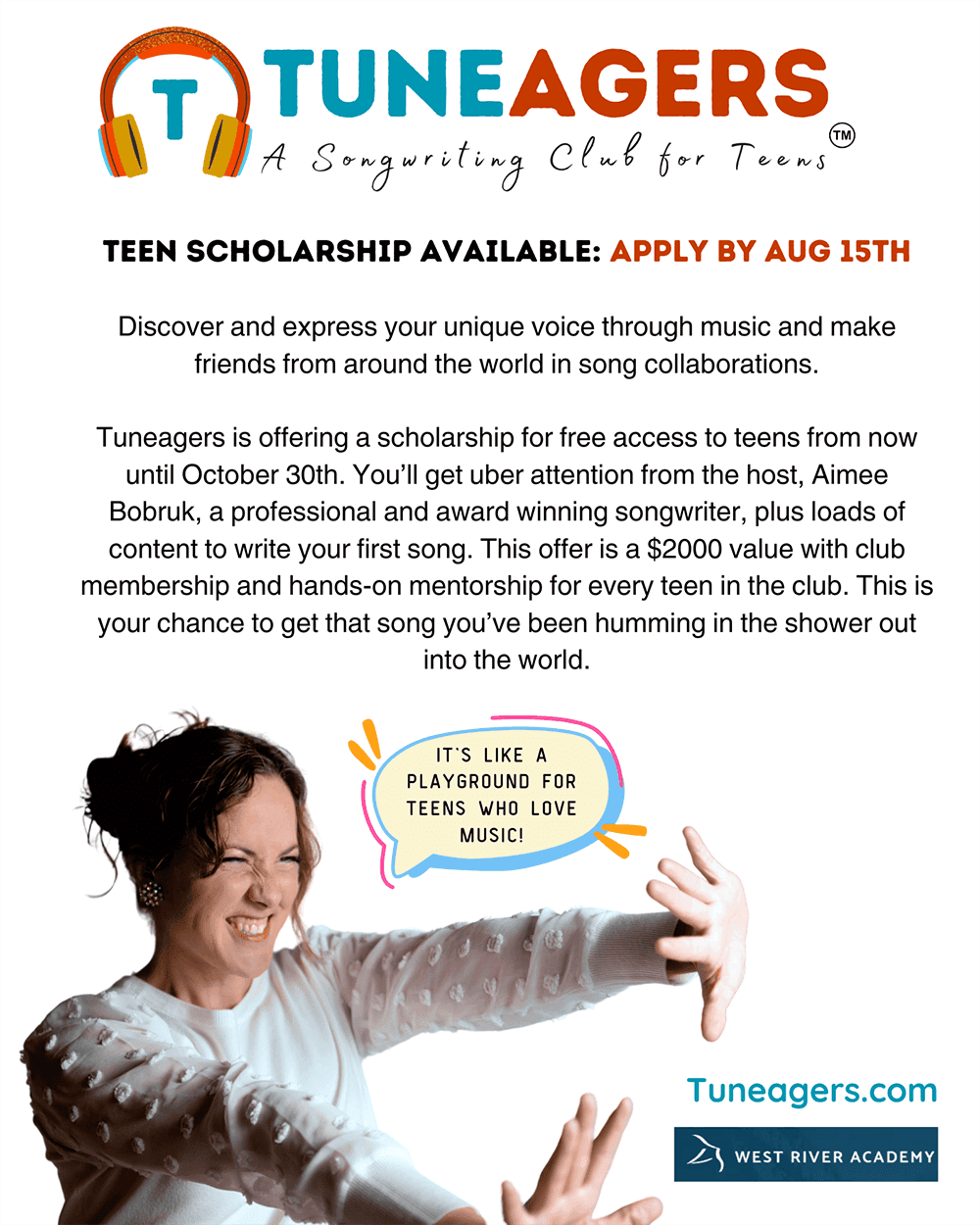
Scholarship Opportunities
Tuneagers is excited to offer a scholarship for free teen access until October 30th. This scholarship includes intensive mentorship from Aimee Bobruk and access to a wealth of content to help you write your first song. Valued at $2000, this is a fantastic opportunity to bring your musical ideas to life. Applications are open until August 15, 2024. Apply now using this form.
Even if you miss the application deadline or are not accepted, there’s still good news. All learners associated with West River Academy will receive a 25% discount on the Tuneagers Club Membership until October 30th. For any questions, feel free to email Aimee at ab@aimeebobruk.com.
Join Tuneagers Today
Tuneagers is more than a club; it’s a stepping stone to discovering your artistic voice and building a network of supportive peers and professionals. Don’t miss this unique opportunity to grow as a songwriter and artist. Visit Tuneagers today to learn more and join our community!

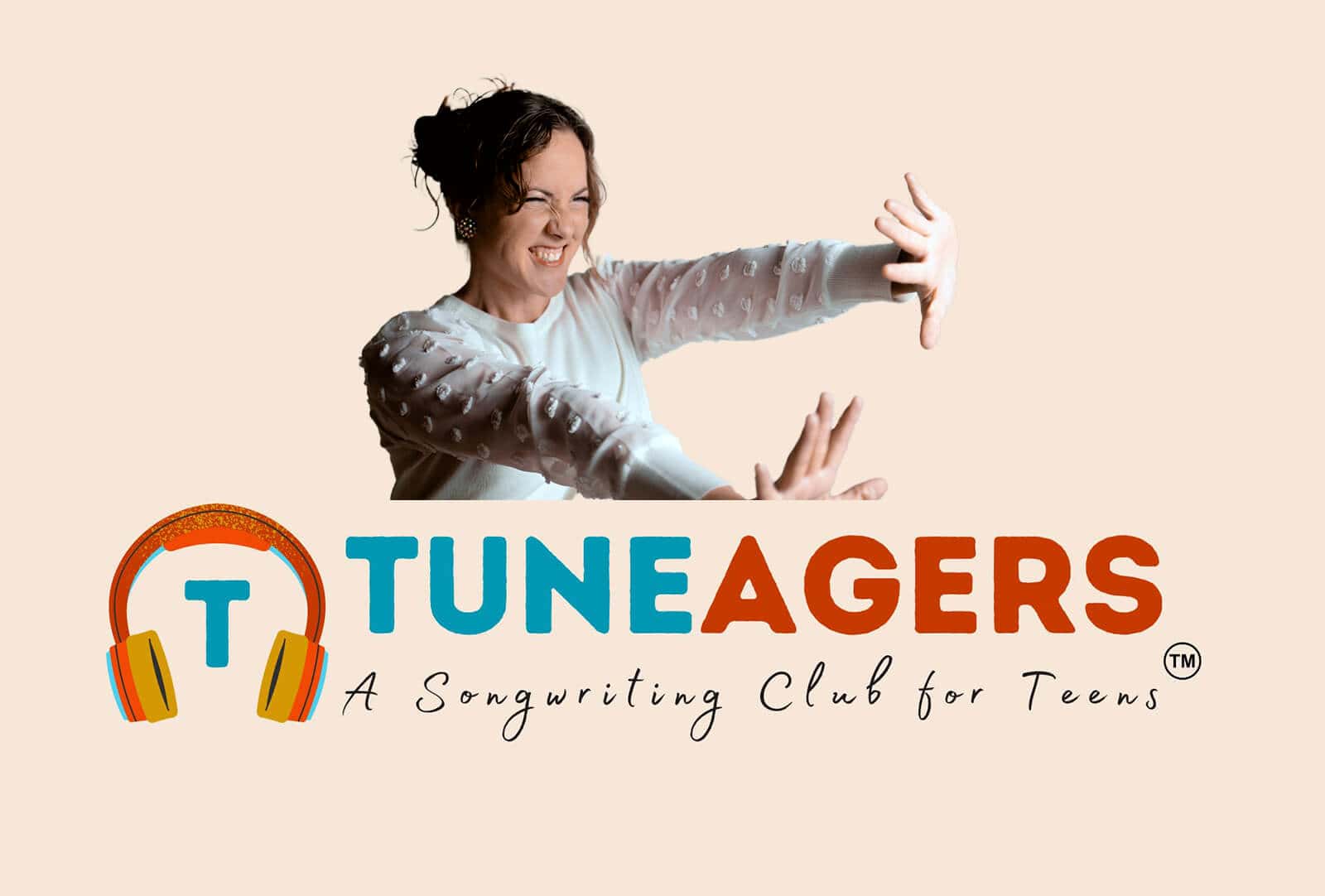


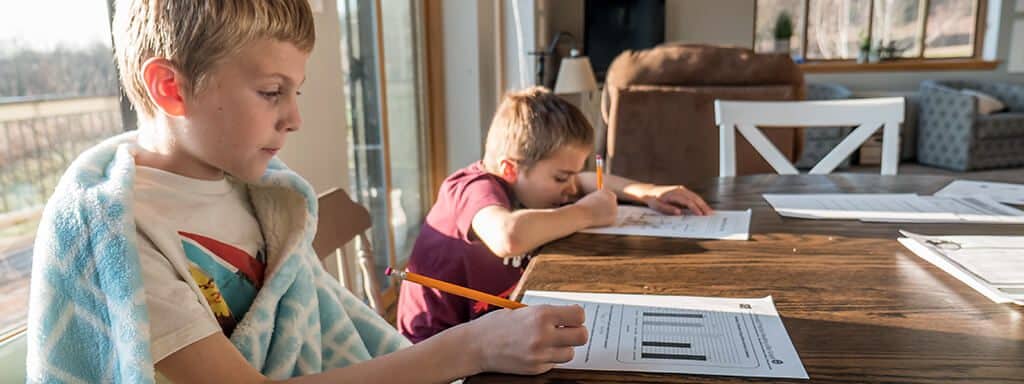

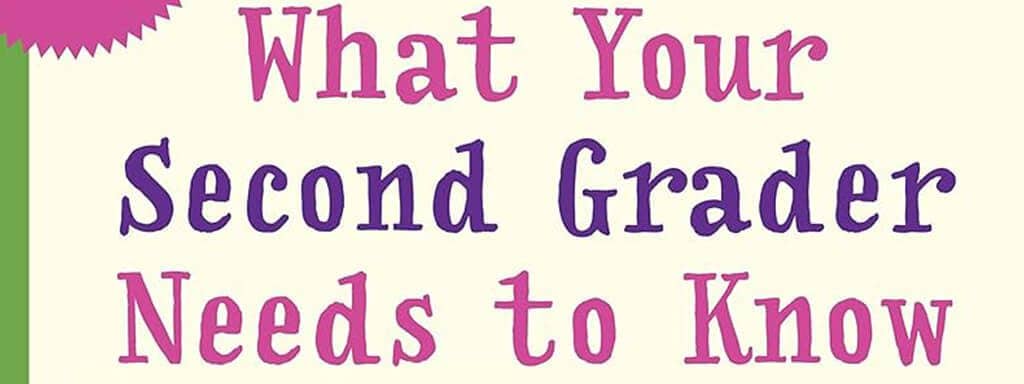


 One of the highlights of this month was our family trip to Finland. We went there by a ferry. It was really cool to see the frozen Baltic Sea. All of the water was pretty much asymmetrical blocks of ice. Finland is really pretty! They have many lakes (about 168 000) and endless uninhabited boreal forests! But our first priority was to visit Helsinki Finland Temple. I believe it to be (along with the rest of the 159 operating temples our Church has) a sacred place and the house of God. It was wonderful to visit it and it really made me appreciate everything that has been created, even more than I did before. The time there also gave me a chance to rewind everything that has been going on in my life lately and steer myself back to where I want to be. In conclusion, this month I mostly analysed and studied myself. As ancient Greek philosopher Aristotle said: “Knowing yourself is the beginning of all wisdom.”
One of the highlights of this month was our family trip to Finland. We went there by a ferry. It was really cool to see the frozen Baltic Sea. All of the water was pretty much asymmetrical blocks of ice. Finland is really pretty! They have many lakes (about 168 000) and endless uninhabited boreal forests! But our first priority was to visit Helsinki Finland Temple. I believe it to be (along with the rest of the 159 operating temples our Church has) a sacred place and the house of God. It was wonderful to visit it and it really made me appreciate everything that has been created, even more than I did before. The time there also gave me a chance to rewind everything that has been going on in my life lately and steer myself back to where I want to be. In conclusion, this month I mostly analysed and studied myself. As ancient Greek philosopher Aristotle said: “Knowing yourself is the beginning of all wisdom.”